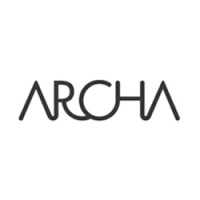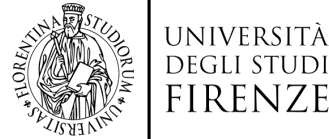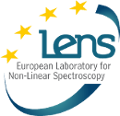-
The Labor Chimica Institute of Analysis and Research, founded in 1983, carries out its own research and chemical and microbiological analyses in the field of ecology, the environment and education, through an interdisciplinary team and by collaborating with important university centres. The Institute's research has led to the creation of Union B.I.O., a company that formulates, produces and markets natural products for animal welfare, and Ant.er.lux onlus, an intercultural association that promotes projects of sharing and research through training courses with an ecological perspective and respect for nature and the environment. Labor Chimica performs chemical and microbiological analysis on different matrices (water, soil, food products, waste, polluted sites, emissions), advice on hygiene and food safety, and is accredited as a training agency for training in the field of environment, workplace safety, food safety.
-
ARCHA, an acronym for Applied CHemical Analysis and Research, was founded in 1989 by a pool of chemical professionals as a cutting-edge laboratory for analysis and research in the chemical field. Today, ARCHA has grown and expanded its activities, organized in the three sectors of Technology, ICT and Industrialization, within which different areas of competence and/or different companies of the group are referred to. ARCHA is a qualified partner for the development and characterization of innovative products in all the various phases and aspects, from conception, to research and development, start-up, environmental impact assessment, safety, management and control software, up to industrialization and commercialization. ARCHA is also a training agency for training and cultural and professional growth in technical and specialist fields.
-
"The Laboratory of Neuroimmunology and Cell and Molecular Neurobiology is involved in clinical research (ex vivo from samples of neurological patients), and preclinical research on experimental models of disease and cell cultures. It studies biological samples (mainly blood and liquor) at cellular and molecular level taken from patients with psychiatric and autoimmune diseases, inflammatory, neurodegenerative central nervous system diseases or from animal models of neurological diseases. The Neuroimaging Laboratory processes magnetic resonance imaging of the CNS from neurological patients after their acquisition with both conventional and unconventional techniques, for studies aimed at clinical follow-up and in real life, and observational studies of the natural history of brain lesions of these patients. The Laboratory analyses MRI end-points in both monocentric and multicentric clinical trials, develops MRI analysis techniques for the improvement of the diagnosis of autoimmune diseases of the central nervous system.
-
Via Santa Marta, 3 - 50139 - Firenze"The laboratory operates both in the context of research agreements and technology transfer commissioned by private entities and in the framework of projects funded by public bodies (regional, national, EU) in the areas of Computer vision and reverse engineering, Development methodologies and virtual prototyping, Rapid prototyping, environmental and industrial acoustics. The main areas of competence are: - 3D scanning and reverse engineering; - dimensional, aesthetic and colorimetric control of industrial production; - artificial vision applied to the cultural heritage industry and sector; - dimensional, aesthetic and colorimetric control of industrial production; - additive manufacturing (3D printing, rapid prototyping); - multiphysics numerical simulation (FEM, Multibody); - mechanical design, CAD systems and design automation tools.
-
"The Laboratory of Molecular Magnetism (LaMM) studies the magnetic properties of chemical compounds at the molecular level, through magnetic measurements to obtain structural information, and the design, synthesis, chemical-physical characterization and modelling (using sophisticated computational techniques) of magnetic materials. LAMM is involved in many fields of molecular nanomagnets, from the exploration of quantum capabilities of the simple molecular system, to the development of new single molecule magnets, up to the synthesis and characterization of nanoparticles. In addition, the laboratory is now an important international centre of surface materials. The main lines of research are molecular nanomagnets, magnetic nanoparticles (applications for theranostics and sensors), computational chemistry, nanostructured systems and architectures, coheren molecular spin.
-
Founded in 1991 as an international interuniversity centre of excellence based in Florence, the European Laboratory for Non-Linear Spectroscopy (LENS) is a European reference point for research on light waves and lasers, based on a multidisciplinary approach (physics, chemistry and biology). Research interests include atomic physics, photonics, spectroscopy, biophysics, chemistry, biomedical imaging, biology and biotechnology, both in basic and applied and industrial research, with the possibility of manufacturing and testing of prototypes.




